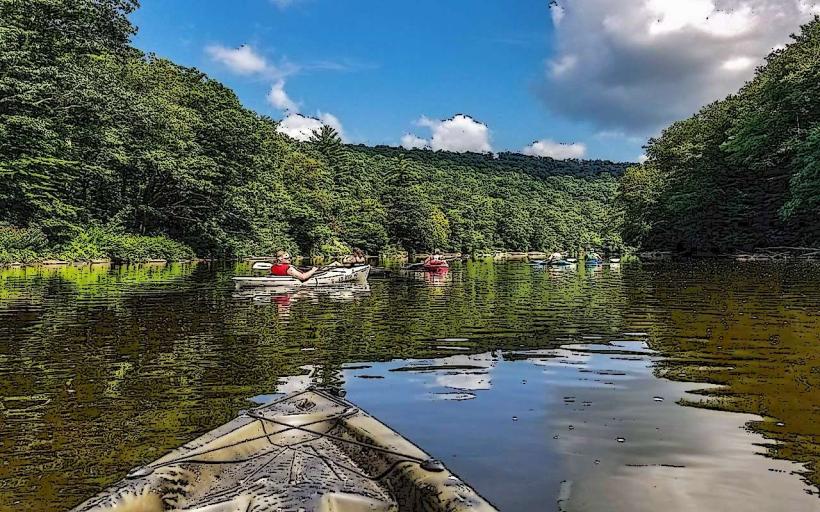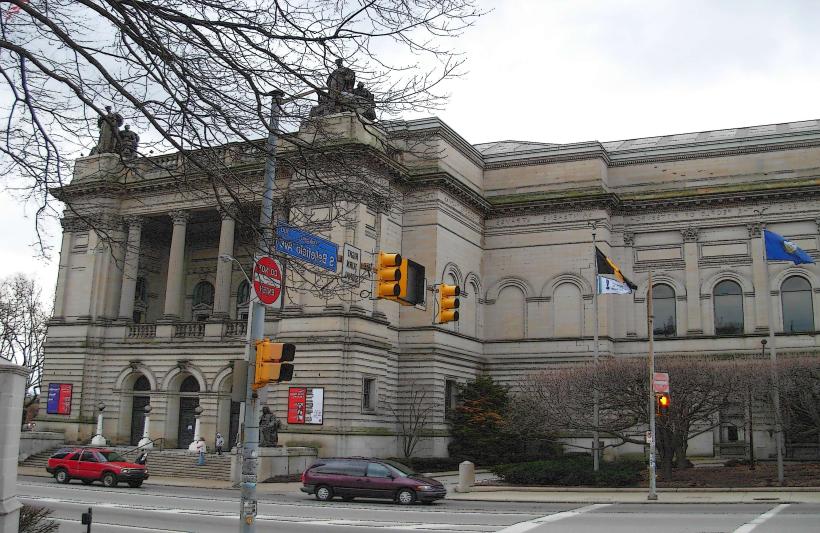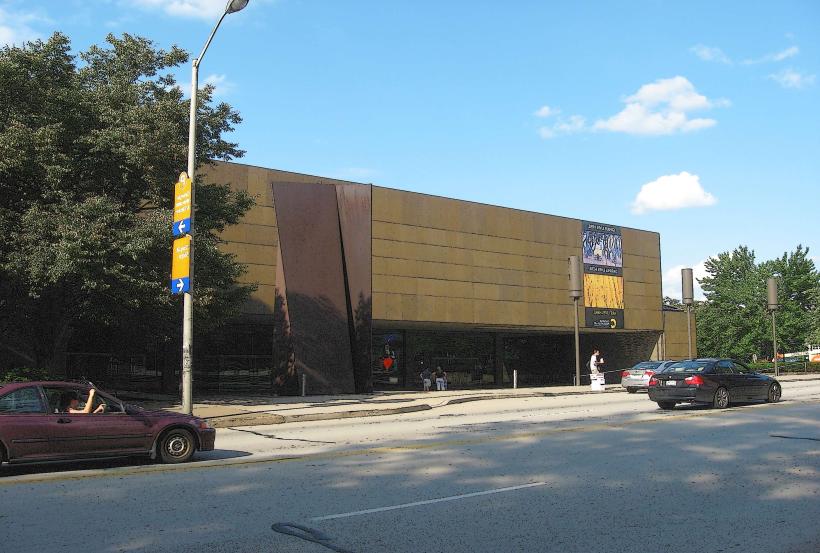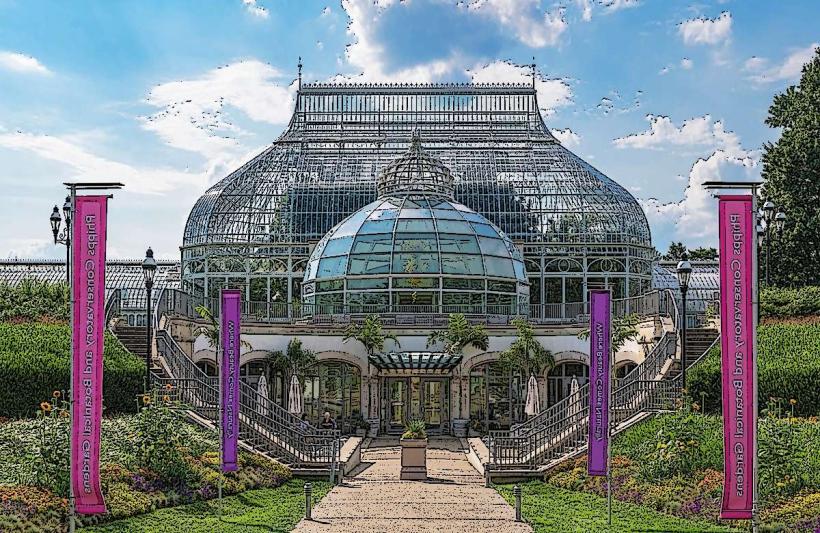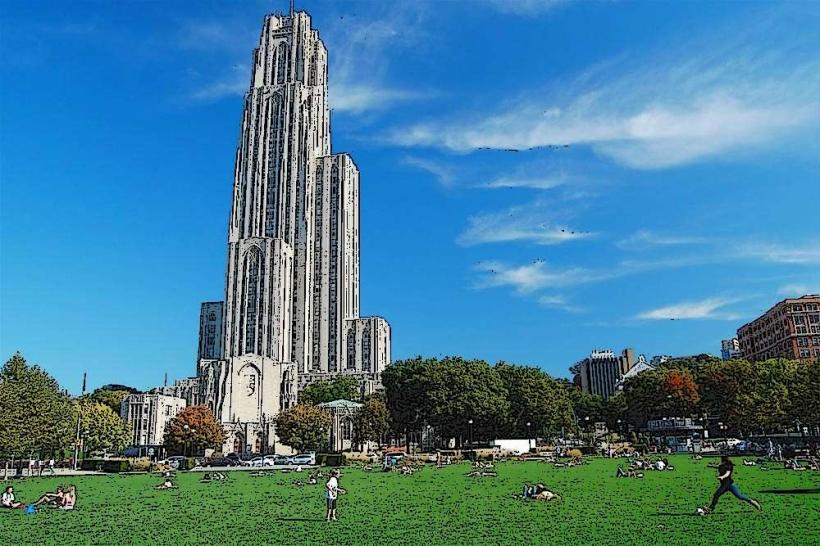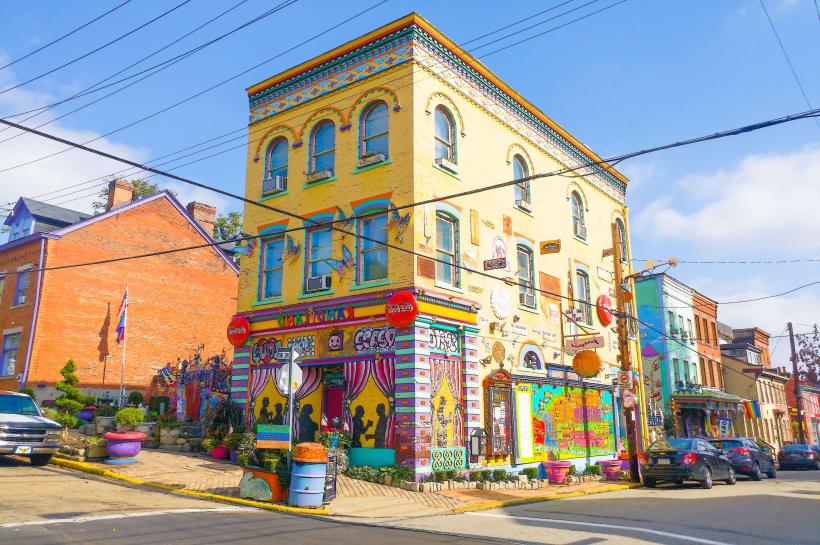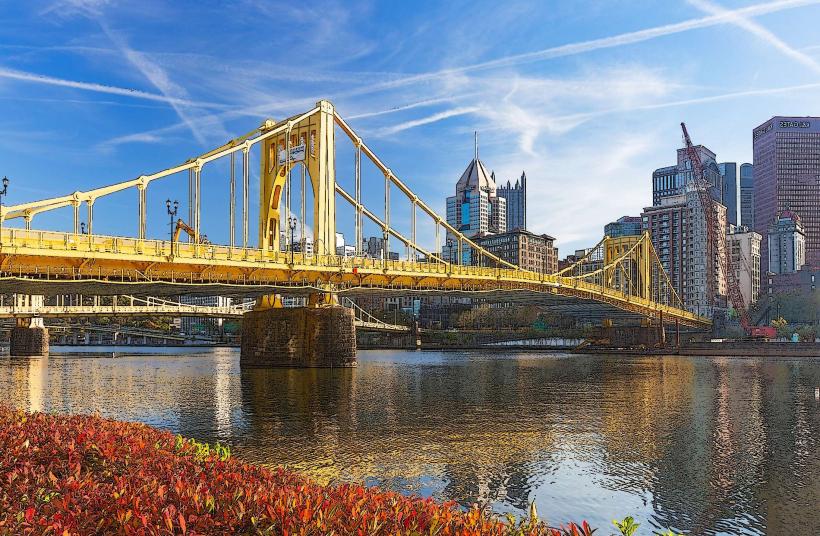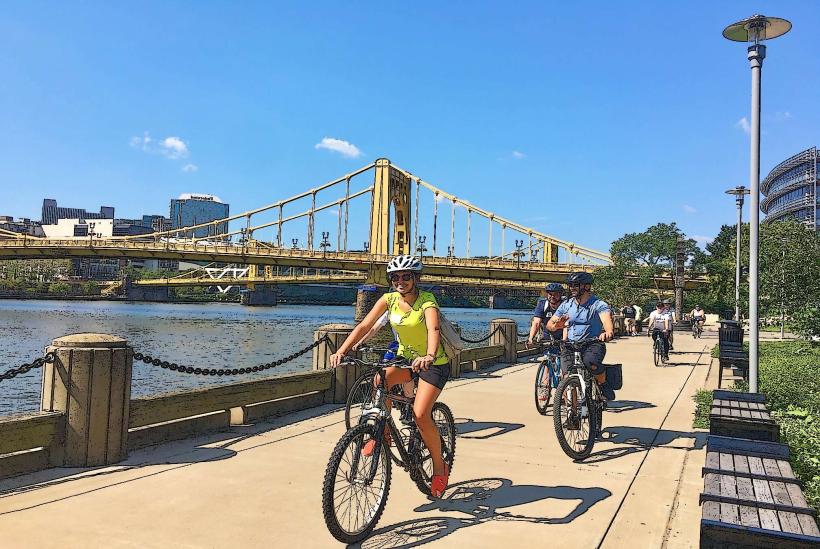Information
Landmark: National AviaryCity: Pittsburgh
Country: USA Pennsylvania
Continent: North America
National Aviary, Pittsburgh, USA Pennsylvania, North America
The National Aviary is a zoological park dedicated to birds, located in Pittsburgh, Pennsylvania, USA.
It functions as a zoological institution and a conservation center focused on avian species.
Visual Characteristics
The facility comprises multiple enclosed habitats designed to simulate various global environments. These include large walk-through exhibits with dense vegetation, water features, and varied substrate types. Exterior structures are primarily constructed from concrete and glass, with metal framing for enclosures. Interior exhibits feature artificial rockwork, live plants, and controlled climate systems.
Location & Access Logistics
The National Aviary is situated at 700 Arch Street, Pittsburgh, PA 15212, within Allegheny Commons Park. It is approximately 1.6 km (1 mile) northwest of downtown Pittsburgh. On-site parking is available in a dedicated lot adjacent to the main entrance. Public transport options include Port Authority of Allegheny County bus routes 12, 13, 16, and 17, which stop within a 0.4 km (0.25 mile) radius of the entrance.
Historical & Ecological Origin
The National Aviary was founded in 1952 as the Pittsburgh Aviary. Its original purpose was to exhibit and study birds from around the world. The facility has undergone several expansions and renovations since its inception to improve exhibit design and animal welfare standards.
Key Highlights & Activities
Visitors can observe over 500 birds representing more than 150 species. Specific activities include daily interactive shows such as the "Wisdom on Wings" free-flight demonstration and the "African Sky" presentation. Behind-the-scenes tours offering closer encounters with specific bird species are available for an additional fee. Feeding experiences with select birds are also offered at scheduled times.
Infrastructure & Amenities
Restrooms are available within the main building. Several indoor exhibits provide climate-controlled environments and shade. Cell phone signal (4G/5G) is generally consistent within the facility. A cafe offering light meals and snacks is located on-site, and a gift shop is present near the exit.
Best Time to Visit
The best time of day for viewing active birds is typically mid-morning, after they have been fed and are engaged in natural behaviors. The facility is open year-round, with indoor exhibits providing a consistent experience regardless of external weather conditions. No specific tide requirements apply.
Facts & Legends
The National Aviary is the only institution in the United States dedicated solely to birds. It participates in Species Survival Plans (SSPs) for critically endangered avian species, contributing to global conservation efforts. A unique tip for visitors is to check the daily schedule upon arrival, as show times and feeding opportunities can vary.
Nearby Landmarks
- Allegheny Commons Park (0.1km West)
- Senator John Heinz History Center (2.5km Southeast)
- Point State Park (2.8km Southeast)
- Duquesne Incline (3.2km Southeast)
- Phipps Conservatory and Botanical Gardens (4.5km South)


